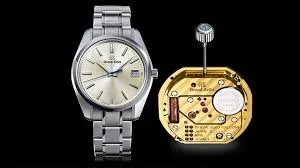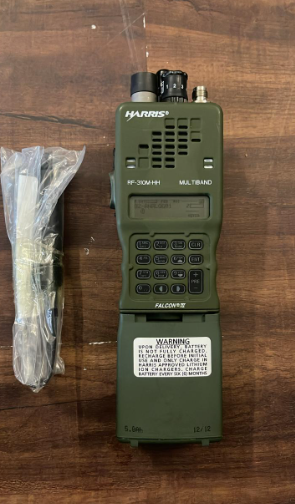In the realm of horology, two distinct technologies dominate the landscape: quartz and automatic movements. Watches are more than mere timekeeping devices; they are statements of style, craftsmanship, and technological prowess. Understanding the differences between quartz and automatic watches is crucial for any enthusiast or prospective buyer. Let’s delve into the intricacies of both to demystify their workings and merits.
The Heart of the Watch: Movement Mechanics
At the core of every timepiece lies its movement—the mechanism responsible for tracking time. Quartz watches employ electronic oscillators regulated by a quartz crystal to ensure precise timekeeping. These watches are powered by batteries and require minimal maintenance. In contrast, automatic watches operate through mechanical movements driven by a mainspring, which is wound automatically through the wearer’s wrist movements. This intricate how long does watch lume last of gears and springs is a testament to traditional watchmaking craftsmanship.
Accuracy and Precision: Quartz Takes the Lead
One of the primary advantages of quartz watches is their unparalleled accuracy. With a deviation of just a few seconds per month, quartz movements outshine their mechanical counterparts in precision. This reliability makes quartz watches the preferred choice for those who prioritize accurate timekeeping for daily activities or professional endeavors. Conversely, automatic watches, while impressive in their own right, typically exhibit slightly lower accuracy due to factors like temperature variations and positional changes.
Craftsmanship and Heritage: The Appeal of Automatic Watches
Beyond mere functionality, automatic watches embody a rich tradition of craftsmanship and heritage. Each intricate component, meticulously assembled by skilled watchmakers, contributes to the timepiece’s allure. The rhythmic dance of gears and the mesmerizing sweep of the seconds hand are manifestations of horological artistry. Automatic watches appeal to connoisseurs who appreciate the intricacies of mechanical engineering and seek a tangible connection to watchmaking traditions that span centuries.
Maintenance and Longevity: A Tale of Two Technologies
Quartz watches, with their battery-powered movements, require minimal maintenance. Battery replacement every few years and occasional servicing suffice to keep these timepieces running smoothly. On the other hand, automatic watches demand more attention. Regular winding or wearing to keep the mainspring charged and periodic servicing to lubricate and adjust the movement are essential for preserving their longevity. While automatic watches may entail higher upkeep, many enthusiasts consider this ritual as part of the watch ownership experience, deepening their appreciation for the craft.
Versatility and Style: Matching Timepieces to Lifestyles
Quartz watches, with their slim profiles and lightweight construction, offer unparalleled versatility. They are ideal companions for active lifestyles, fitting seamlessly into both casual and formal settings. Automatic watches, with their intricate movements and often more substantial cases, exude a sense of luxury and sophistication. These timepieces make bold fashion statements, commanding attention and admiration wherever they go. Choosing between quartz and automatic watches ultimately boils down to individual style preferences and lifestyle considerations.
The Value Proposition: Investing in Timepieces
When it comes to value, both quartz and automatic watches have their merits. Quartz watches, with their affordability and low maintenance costs, provide an accessible entry point into the world of horology. They offer exceptional accuracy and reliability without breaking the bank. On the other hand, automatic watches, while often commanding higher price tags, represent investments in craftsmanship and heritage. Their timeless appeal and potential for appreciation make them coveted heirlooms passed down through generations.
Conclusion: A Matter of Preference
In the perennial debate of quartz vs. automatic watches, there is no clear winner. Each technology has its strengths and appeals to different sensibilities. Quartz watches excel in accuracy and practicality, while automatic watches embody tradition and craftsmanship. Whether you’re drawn to the precision of quartz or the mechanical marvels of automatic movements, the choice ultimately lies in aligning the timepiece with your lifestyle, preferences, and appreciation for the art of horology. So, whether you opt for the steady tick of quartz or the rhythmic heartbeat of an automatic, rest assured that both offer timeless companionship on life’s journey.







